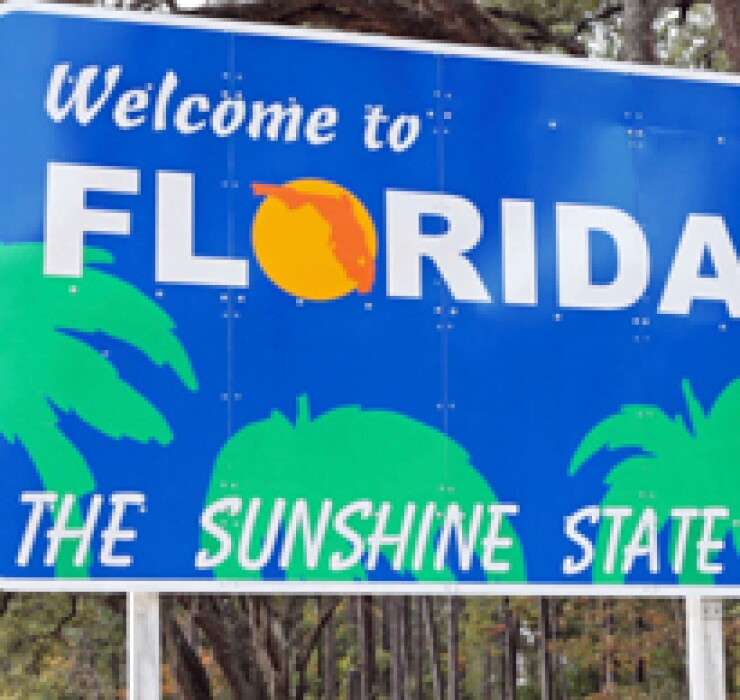Do people really move because they think their state income taxes are too high? It's been a longstanding debate. Finally, a
The right-leaning group analyzed
It's among the most comprehensive data I've seen covering relatively recent moves — encompassing some
The Tax Foundation focused on three categories: Top marginal individual income tax rates,
By all three measures, the states experiencing the largest net inflows of taxpayers were lower-tax states. They had among the lowest top marginal rates, below-average state and local tax collections, and what the foundation deems "well-structured" tax codes. While many factors can spur a person to move, taxes seem to be part of the decision for many, with no- or low-tax states consistently the biggest winners.
Notably, seven of the 10 states that experienced the largest gains in taxpayers either had zero income tax or top rates below the national median during the time period. Now, nine of those states either have no income tax, a flat income tax, or plan to move to one. Likewise, the states that saw the biggest net losses of taxpayers were all states with relatively high tax burdens: New York, California, Illinois, Massachusetts and New Jersey. I wouldn't do this myself, but hey, I live in one of those high-tax states.

Zeroing in on higher-earning taxpayers, or those with taxable incomes of at least $200,000, shows that the top three favored spots to move to were Florida, Texas and Arizona. Florida and Texas don't have state income taxes, and Arizona plans to move to a
Are these moves short-sighted? After all, when
Katherine Loughead, a senior policy analyst at the Tax Foundation who wrote the report, agrees that the state income tax seems to be driving the decision for movers more than any other tax. Even if taxpayers grumble about property taxes, they're more likely to feel the benefit directly of paying higher property taxes, say for good public schools, than they are with high income tax rates.
Still, there are outliers. South Carolina was No. 5 for attracting wealthy taxpayers, yet it still imposes a
No one likes to feel like they're getting a raw deal, especially when it comes to the taxman, but focusing too narrowly on avoiding income taxes can backfire. Just ask




